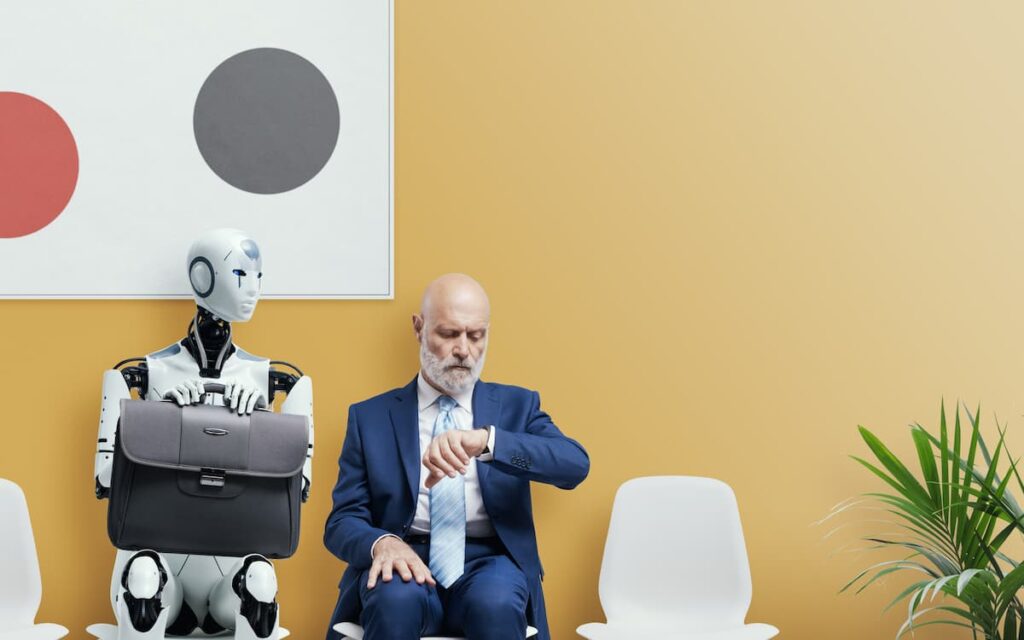Dario Amodei Urges Urgent Action as AI Accelerates Job Disruption
Dario Amodei, CEO of leading artificial intelligence company Anthropic, has issued a stark warning: AI advancements are outpacing human adaptability and could soon lead to mass job losses. In a recent interview, Amodei stated that AI may push unemployment in the United States to 20% within the next one to five years, a fivefold increase from current levels.
“AI is starting to get better than humans at almost all intellectual tasks,” Amodei said, emphasizing that not even CEOs are immune to being replaced or augmented by AI tools. He also shared that many political and business leaders are not prepared for the scale or speed of the disruption.
Amodei’s remarks come amid a wave of concern about the potential impacts of AI on labor markets. A 2024 World Economic Forum survey found that 41% of employers expect to reduce their workforce by 2030 due to AI automation. While economists have long debated the timeline and scope of such changes, Amodei’s position as an industry insider gives his prediction added weight.
Entry-Level White-Collar Jobs at Risk
Amodei believes that up to half of entry-level white-collar roles could be eliminated. These include positions such as paralegals, payroll clerks, financial analysts, and even software engineers. Microsoft and Meta have both admitted that a significant portion of their code is now written by AI.
While traditional narratives about technological progress often focus on lower-skilled jobs being automated, Amodei argues this time is different. The AI tools being developed by Anthropic and other firms are capable of outperforming humans in more specialized, high-education fields. This means that retraining workers may no longer be a sufficient solution.
Anthropic’s latest AI model, released last week, is capable of performing complex tasks with minimal human oversight for nearly seven hours straight — essentially mimicking an entire workday. According to Amodei, about 60% of users currently use their AI for job augmentation, while 40% use it for full automation — and the latter group is growing.
A Call for Policy and Taxation Reform
In light of the expected shift in economic power toward AI companies, Amodei has floated the idea of taxing AI firms. “If AI creates huge total wealth, a lot of that will, by default, go to the AI companies and less to ordinary people,” he said, adding that policymakers need to consider redistribution strategies.
Amodei’s comments also serve as a broader call for transparency, responsibility, and regulatory frameworks to manage AI’s economic and societal impacts. “People have adapted to past technological changes,” he noted, “but everyone I’ve talked to has said this technological change looks different — faster, broader, and harder to adapt to.”
Preparing for a New Labor Reality
Some experts argue that while AI may not replace all jobs, it is likely to automate significant portions of many roles. This would reshape how humans work, forcing a reevaluation of job training, labor laws, and income distribution.
Anton Korinek, a professor at the University of Virginia, remarked: “People sometimes comfort themselves by saying, ‘Oh, but the economy always creates new jobs.’ That’s true historically. But this time, machines may be able to take those new jobs too — and learn them faster than us.”
Amodei insists he’s not against AI development — quite the opposite. He believes AI can bring transformative benefits to medicine and science. “I wouldn’t be building this technology if I didn’t think that it could make the world better,” he said.
Still, his warning is part of a broader strategy to position Anthropic as both a leader in technological innovation and a responsible actor in the AI race. “If he makes the claim that this will cause 20% unemployment over the next five years,” said tech futurist Tracey Follows, “then Anthropic cannot be to blame in the future — they warned people.”
“I don’t think we can stop this bus,” Amodei told CNN’s Anderson Cooper. “From the position that I’m in, I can maybe hope to do a little to steer the technology in a direction where we become aware of the harms, we address the harms, and we’re still able to achieve the benefits.”


